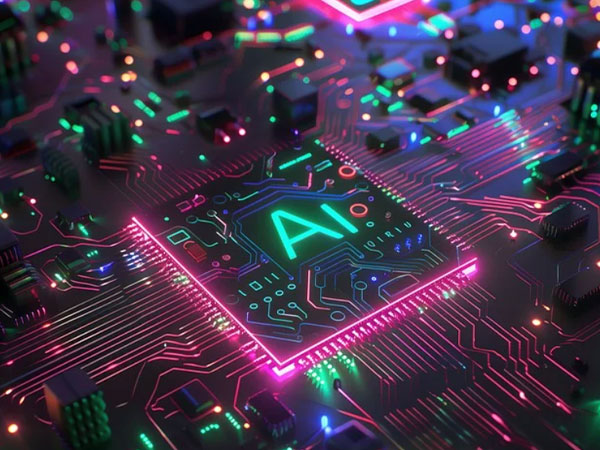AI Agents Set to Revolutionize Industries by 2025
By 2025, autonomous AI agents are projected to significantly impact various sectors through operational efficiencies and innovation, according to Moody's Ratings. Competition among AI developers is intensifying, leading to advanced, user-friendly products. As data resources diminish, synthetic data and enhanced inference are becoming central to AI evolution.

- Country:
- India
Autonomous AI agents are poised to make a significant impact across industries by 2025, as highlighted by a forecast from Moody's Ratings. These platforms are expected to drive considerable operational efficiencies and promote AI adoption throughout diverse sectors, signalling a transformative shift in technology applications.
Although the full economic benefits of AI are predicted to unfold over the coming years, the competitive landscape is rapidly evolving. Developers are introducing a wave of accessible and capable AI technologies, with the potential to amplify productivity and spur innovation. The next phase of AI development in 2025 focuses not just on scaling data and computational power but also on enhancing user experience and functionality.
Leading AI research entities have reached a point of performance parity, striving for user-friendly solutions tailored to various applications. Major foundation models have shown comparable results in accuracy and task diversity benchmarks, with open-source models contributing to competitive pressures by offering more economical and adaptable alternatives to proprietary systems.
These technological advances aim for seamless workflow integration, expediting AI adoption across sectors like finance, media, and automotive. However, the growth of AI models is encountering diminishing returns, with high-quality datasets becoming scarce and additional computational resources providing declining performance boosts.
As a workaround, developers are utilizing synthetic data to simulate real-world conditions, aiming to counteract data shortages. While advantageous for structured sectors like cybersecurity and healthcare, synthetic data presents challenges in complex tasks, such as natural language processing. Future AI advancements are likely to focus on enhancing the inference process, improving how AI systems understand and respond to user inquiries. (ANI)
(With inputs from agencies.)
ALSO READ
Wai Wai Noodles Unveils Flavorful Innovations with Bollywood Flair
Reliance Industries' Bold Pivot: From Oil Dominance to Healthcare Innovations
India's Astral Ambitions: A Quantum Leap in Science and Innovation
Global Pharmaceuticals: Innovations, Setbacks, and Price Hikes
Air India Soars with In-Flight Wi-Fi Innovation










